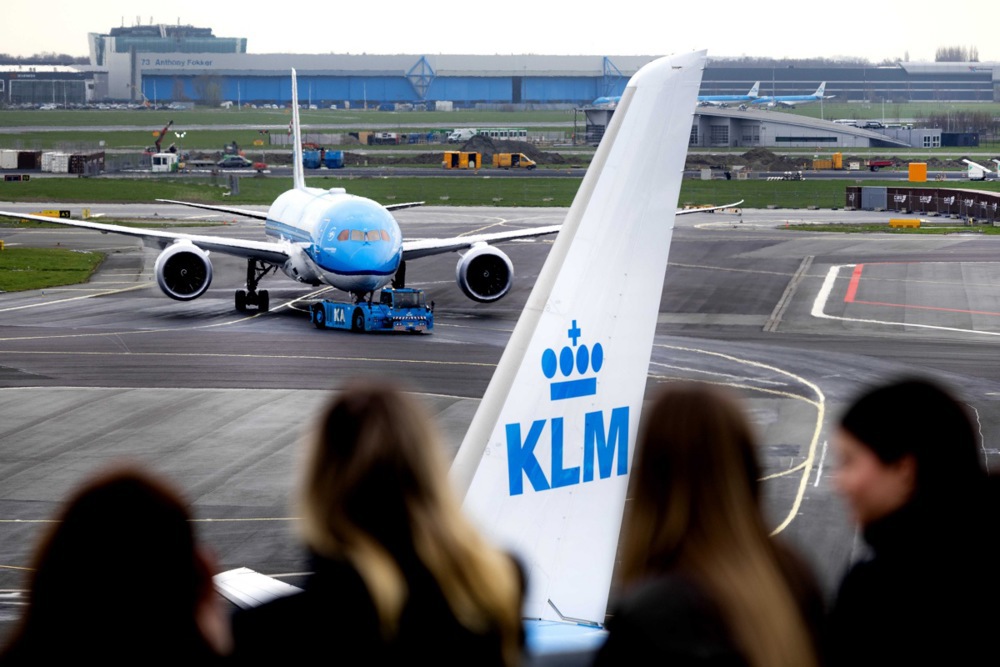Germany’s Federal Government said it wanted to reduce the aviation tax, a controversial “green” carbon tax.
Christoph Ploß (Christian Democratic Union), the Government’s Co-ordinator for Tourism, told newspaper Bild that the high taxes were hurting German airports.
“The increase in the aviation tax must be reversed, and the charges at German airports must also be reduced. Otherwise, there will soon be fewer flight connections at German airports than is currently the case,” Ploß said on July 21.
He said the high taxes on aviation made it seem that holidays were more expensive for millions of Germans.
“The well-deserved Mallorca holiday must not become unaffordable,” he warned.
Germany needed “strong airlines, efficient airports and a competitive aviation industry”, Ploß added.
Airlines have long complained that the charges in Germany were among the highest in Europe, harming competitiveness.
Some companies, such as Ryanair and Eurowings, warned that they would cut routes to and from Germany over what they labelled excessive taxation.
Lowering the aviation tax reportedly was part of the deliberations for the 2026 budget.
In the coalition agreement between CDU and Social Democratic Party, it was already agreed to reduce “air-specific taxes, charges and charges” and to withdraw “the increase in the aviation tax”.
The latest rise came into effect in May 2024, under the progressive traffic-light government.
Introduced in 2011 and increased several times since, the tax aimed to curb air travel and reduce emissions.
The government raised around €1.9 billion from the aviation levy in 2024.
For short-haul routes, the tax per ticket rose from €12.48 to €15.53, medium-haul routes went from €31.61 to €39.34 and long-haul routes from €56.91 to €70.83.
The Federal Association of the German Tourism Industry (BTW) told news agency AFP that the taxes needed to be lowered “promptly”.
Unlike the majority of its European neighbours, Germany was still well below the pre-Corona level as an aviation location, BTW said.
“At the same time, airports and airlines are struggling under an above-average burden of fees and charges compared to the rest of Europe, with far-reaching consequences for the tourism value chain.”
In its “Fit for 55” package, the European Union proposed introducing a kerosene tax to combat emissions. Many countries in Europe followed suit.
France was said to be planning a threefold increase of its tax on intra-European air travel, from €2.63 to €7.30. Belgium proposed raising passenger levies by up to 150 per cent to around €5 per passenger. Denmark also introduced a hefty tax.
Only Sweden went against the grain and the Riksdag (Swedish parliament) has decided to abolish the act on tax on air travel on 1 July 2025.





